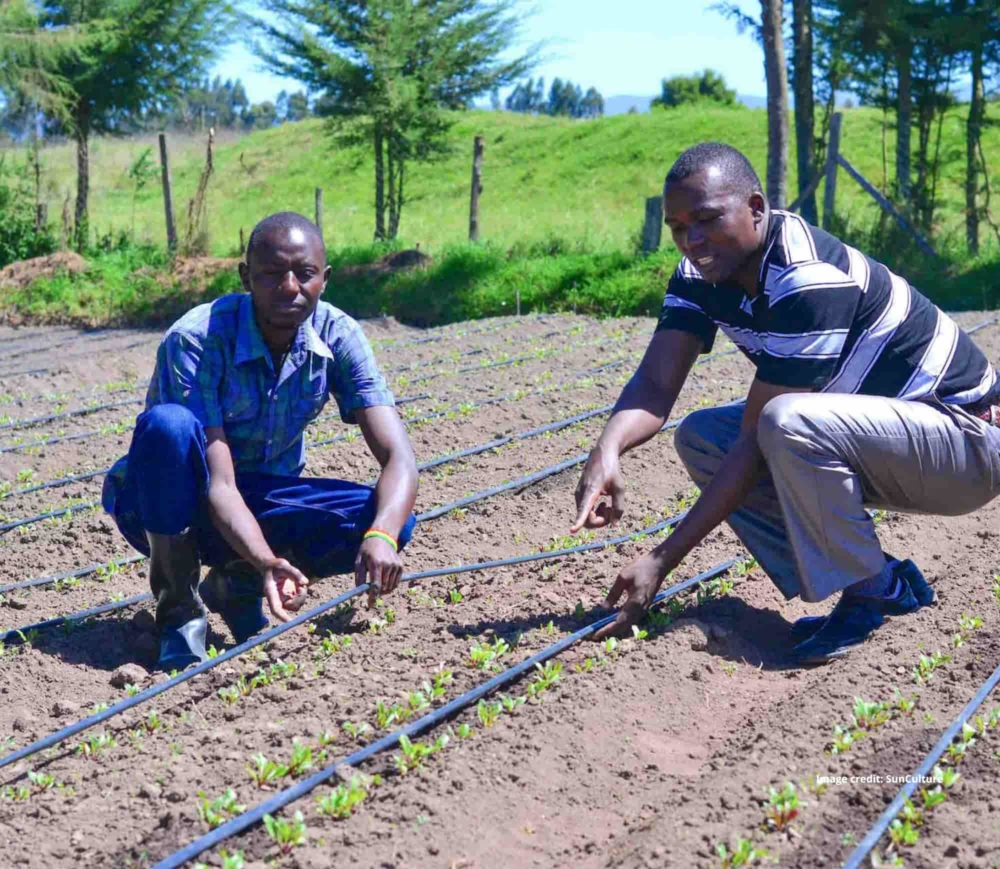Scoping Study of African Air Conditioner Markets
Download Report
Fill out the form below to activate file downloads
You can now download the files related to this report above.
In 2017, 2.8 million room air conditioner units were sold in Africa. To date, only ten African countries have implemented energy efficiency standards and labeling policies for appliances such as room air conditioners, leaving many countries at risk of being saddled with inefficient, environmentally harmful, and poor quality appliances. Without standards and labeling policies to incentivize reporting and verification of product performance, locating reliable market information is difficult for policymakers.
With support from the Institute for Governance & Sustainable Development (IGSD), CLASP conducted the Africa Air Conditioner Market Scoping Study to address the information gap with respect to split air conditioner (AC) and window AC products by utilizing market data and stakeholder interviews to provide an overview of the sizes and characteristics of AC markets in Africa. The Africa Air Conditioner Market Scoping Study analyzes available information on AC products in nine key African markets: Burkina Faso, Ghana, Kenya, Mauritius, Morocco, Nigeria, Senegal, South Africa, and Tunisia.
This report addresses the following characteristics of AC markets:
- Market size
- Share of imports versus local manufacturing
- Major brands and country of origin
- Popular AC types, functions and capacities
- Average prices
- Energy performance
- Availability of inverter technologies
- Refrigerant types
- Existing minimum energy performance standards
The primary sources of data for AC product information were stakeholder interviews, industry reports, and online shops. This report serves as an initial characterization of African AC markets and identifies gaps that future AC market studies should seek to address.







